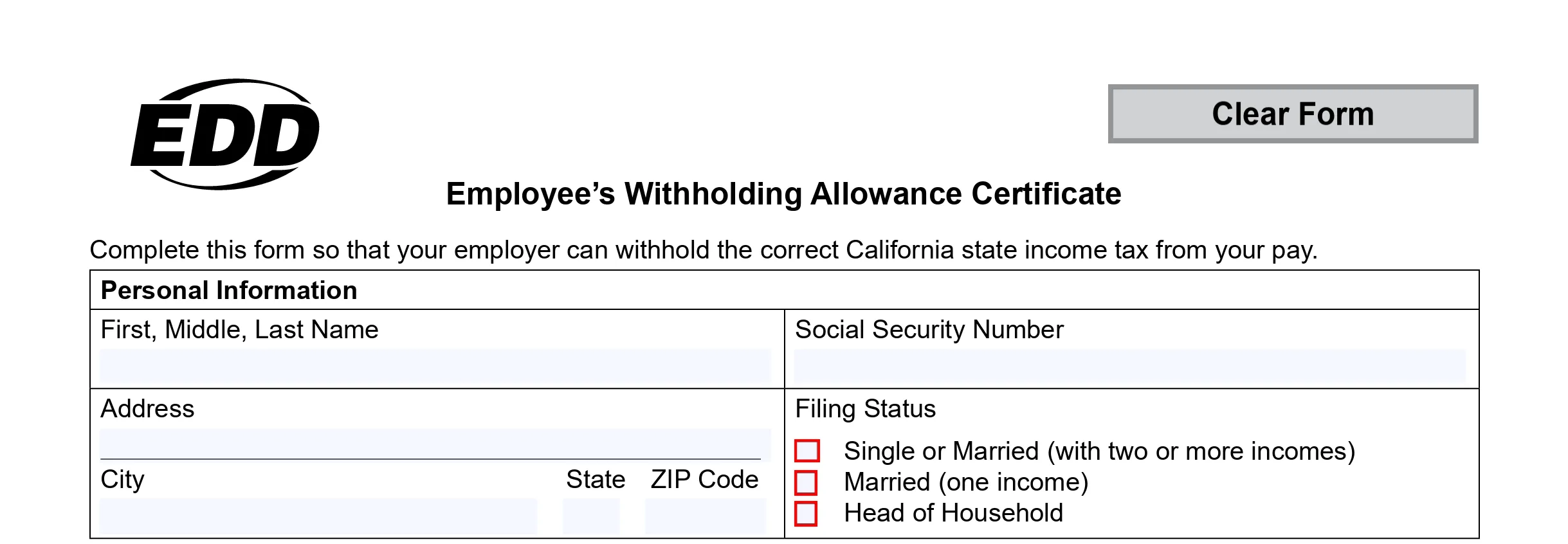Family Matters: Hiring Your Child in Your Business
The dynamics of family and business can sometimes intertwine in surprising ways, presenting opportunities and challenges. One such opportunity is the idea of hiring your child in your family-owned business. In this blog, we'll explore the concept and the considerations involved in this unique employment arrangement.

1. The Tax-Savvy Strategy:
Hiring your child in your closely-held business can be a strategic tax move. This income-shifting strategy allows the business to deduct the wages paid to the child, and the child reports the income. The key advantage here is that children typically incur either minimal or lower tax rates on this income, resulting in potential tax savings.
2. Special Tax Rules for Family Businesses:
Understanding the tax implications is vital. There are specific tax rules under sections like §3121(b)(3)(A) and §3306(c)(5) that come into play if the child is under a certain age. For instance, if the child is under 18 and employed in the parent's sole proprietorship or a partnership where the parents are the only partners, Social Security, Medicare, and unemployment taxes might not apply. However, if the business is structured as a corporation, both the child and the corporation may have to pay these taxes.
3. Compliance Is Key:
It's important to note that when using a tax planning strategy involving payments to relatives, especially children, the IRS could scrutinize these transactions. The IRS might reclassify them as non-deductible gifts instead of legitimate business expenses. This has happened in various cases, such as Holtz v. Comm. and Alexander v. Comm., where inadequate record-keeping and failure to treat the child as a bona fide employee were key issues. To protect against such challenges, it's crucial to fully comply with standard employer requirements and treat your child as you would any other employee.
4. Determining a Reasonable Wage:
To be in compliance with the law, the wage paid to your child should be reasonable and in line with the services they provide. The standard is that it should be comparable to what you would pay an unrelated third party for the same work. Paying a fixed amount, unrelated to the services actually rendered, is not a reasonable wage. It's essential to document the specific compensation paid, track hours worked, and make regular payments, as you would with any other employee.

5. Filing Required Forms:
When hiring your child, you must adhere to the necessary reporting requirements. This includes filing a Form W-2 if the child's gross wages exceed $600 in a calendar year. Failing to do so could result in penalties. Furthermore, filing Forms 941 and 940 may be necessary, depending on the circumstances of the business. Proper documentation through these forms is vital for substantiating wage expenses and tax compliance.
Conclusion:
Hiring your child in your family business can be a tax-smart strategy, but it comes with responsibilities and requirements. By understanding the tax implications, maintaining compliance with IRS regulations, and treating the arrangement as a bona fide employer-employee relationship, you can navigate this unique and potentially beneficial aspect of family-run businesses.
Disclaimer: This blog is meant for informational purposes only and should not be considered as tax advice. Consult with a qualified tax professional or advisor for personalized guidance based on your specific situation.
Reach out to us today at [email protected], and let's work together to optimize your tax situation and financial well-being. Your journey towards a more tax-efficient future starts here.



